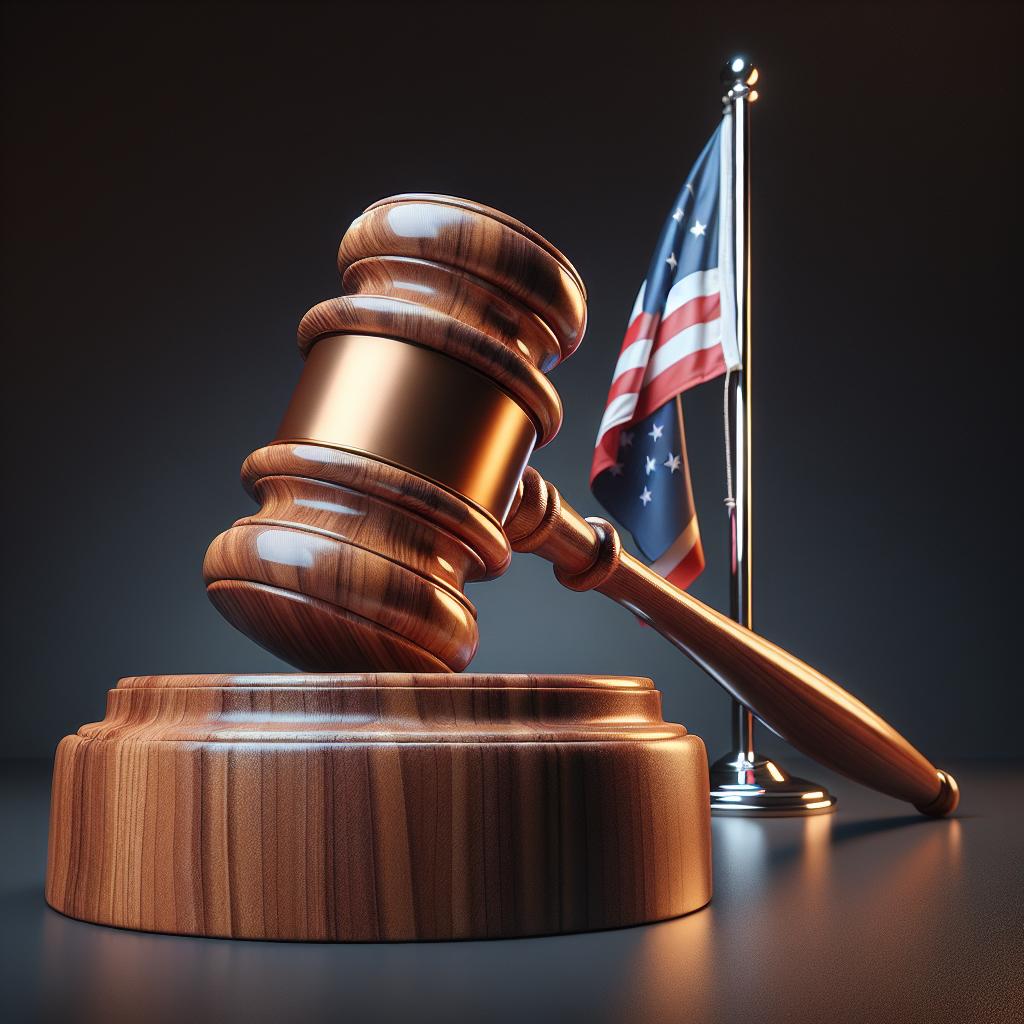Seoul: South Korea’s Political Drama Takes a New Turn
Seoul is buzzing with political excitement and tension as the country’s Constitutional Court now holds the key to President Yoon Suk Yeol’s fate. Just recently, parliament decided to impeach him over a controversial martial law decree that he issued last week, shaking up the nation’s political landscape. So, what’s next for Yoon and the people of South Korea? Let’s break it down.
Yoon Suspended, But Not Out
Right now, President Yoon’s powers are suspended, though he still hangs on to his position. This means he’s immune from most criminal charges, unless they happen to be about insurrection or treason. In the meantime, the Prime Minister Han Duck-soo, who was appointed by Yoon, is stepping in as the acting president. It’s a wild situation, and the stakes couldn’t be higher!
The Big Decision Ahead
The Constitutional Court has a hefty responsibility on its plate. They have 180 days to decide whether to kick Yoon out of office or reject the impeachment and let him take back control. If they decide to remove him, it’ll trigger a presidential election in just 60 days. Talk about urgent! The court could start holding hearings pretty much right after they get the impeachment papers from Parliament.
Behind the Scenes: Who’s Leading the Charge?
On the impeachment front, the head of the parliament’s Legislation and Judiciary Committee, Opposition Democratic Party lawmaker Jung Chung-rae, is gearing up to present the case against Yoon. Interestingly, Yoon might have a solid defense team lined up, considering his history as a prosecutor. Some reports suggest he could reach out to his old colleagues or even take matters into his own hands and defend himself!
The Court’s Dilemma
Getting to a ruling isn’t straight-forward, though. According to South Korea’s constitution, the court needs a unanimous decision from six of the nine justices to oust an impeached president. Right now, there are three empty spots on the court, so the remaining justices need to agree. That’s a tricky situation since parliament hasn’t filled the vacancies yet, and both the ruling and opposition parties have to be on the same page.
In fact, the Democratic Party, which holds the majority in parliament, is on a mission to fill those spots by the end of the year. With acting president Han not expected to block opposition nominees, there’s a chance things could move forward quickly.
What to Expect in the Courtroom?
Looking back, the only time South Korea has seen a president removed via impeachment was with Park Geun-hye in 2017. That ruling only took about three months, so people are wondering if the court this time around might want to act even faster, especially with two justices’ terms ending in April. Legal experts think the justices might make a decision soon to avoid leaving everyone in limbo.
So far, history shows us that justices in the Constitutional Court haven’t always voted along party lines. They’ve often chosen based on their interpretations of the law and what they think is constitutionally right. Even *conservative* rallies supporting Yoon may not make a difference, similar to how Park was removed despite strong conservative backs.
Final Thoughts: Yoon Under Investigation
It’s also worth mentioning that Yoon is facing some pretty serious investigations related to that martial law decree. If charges are brought against him, he might find himself asking the court to hit pause on that 180-day countdown for the impeachment decision—though past cases suggest that this won’t be an easy task.
In a nutshell, the political climate in South Korea is tense and unpredictable right now. As parliament, the judicial system, and the citizens watch closely, all eyes are on that Constitutional Court and what they decide. Will they keep Yoon in the office, or is it time for a new leader? Stay tuned!






